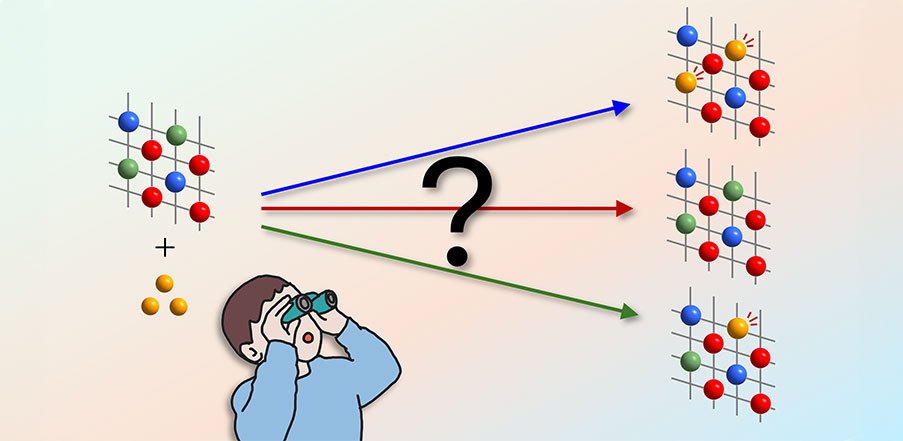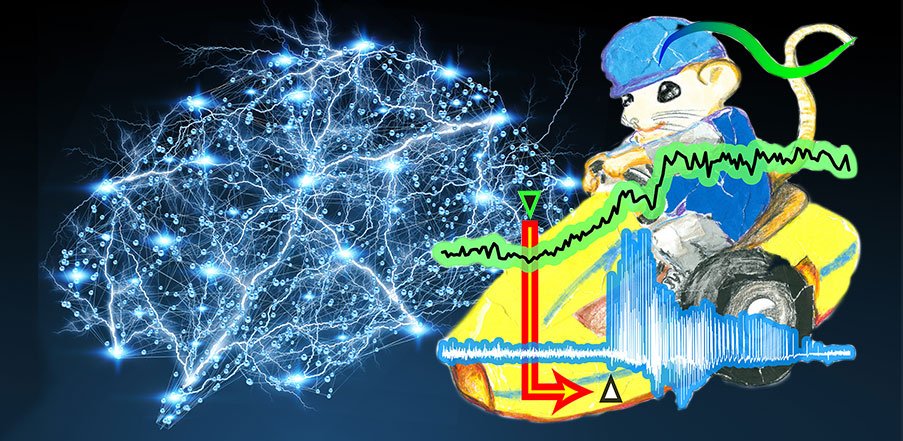Women are struggling to afford medicines for themselves and their families, with nearly a third (32 per cent) of women 35-54 years old without a concession card saying they have found it difficult to pay for prescribed medicines in the past three years.
New research conducted by independent research firm Insightfully on behalf of the Pharmacy Guild of Australia – community pharmacy’s peak body – has found that close to a third (31 per cent) of middle-income households ($60,000 to $100,000) without a concession card have found it difficult to afford medications on the Pharmaceutical Benefits Scheme (PBS).
In the marginal electorates surveyed, 13 per cent have gone without prescribed medicines because they could not afford them, with the voters of Flynn and Dobell most affected.
The research was in field during January, after the PBS co-payment for medicines automatically rose again on 1 January 2022, putting the patient contribution on track to hit almost $50 by the end of the decade. The co-payment for general patients has doubled since 2000 and according to ABS figures, more than 900,000 Australians delayed or didn’t get a script filled in 2019-20 due to cost.
The National President of the Pharmacy Guild of Australia, Professor Trent Twomey, said that many Australians are finding it harder to afford essential medicines.
“What that means is that people are increasingly finding themselves having to choose between buying the medicines they need and other non-discretionary purchases like rent, groceries and petrol,” Professor Twomey said.
“This is disproportionately affecting women. They know exactly what a loaf of bread, a litre of milk and a rapid antigen test costs. And they know that it all adds up fast.
“I see mothers in my pharmacy forced to choose which child gets the medicines prescribed by the doctor or not filling their own scripts because there’s nothing left in the budget.
“These are Australia’s forgotten women.
“As community pharmacists, we are raising the alarm. When medicines become unaffordable, it means that there is no real universal access to the PBS which is the foundation of our health system.”
The research will be made available on request.



